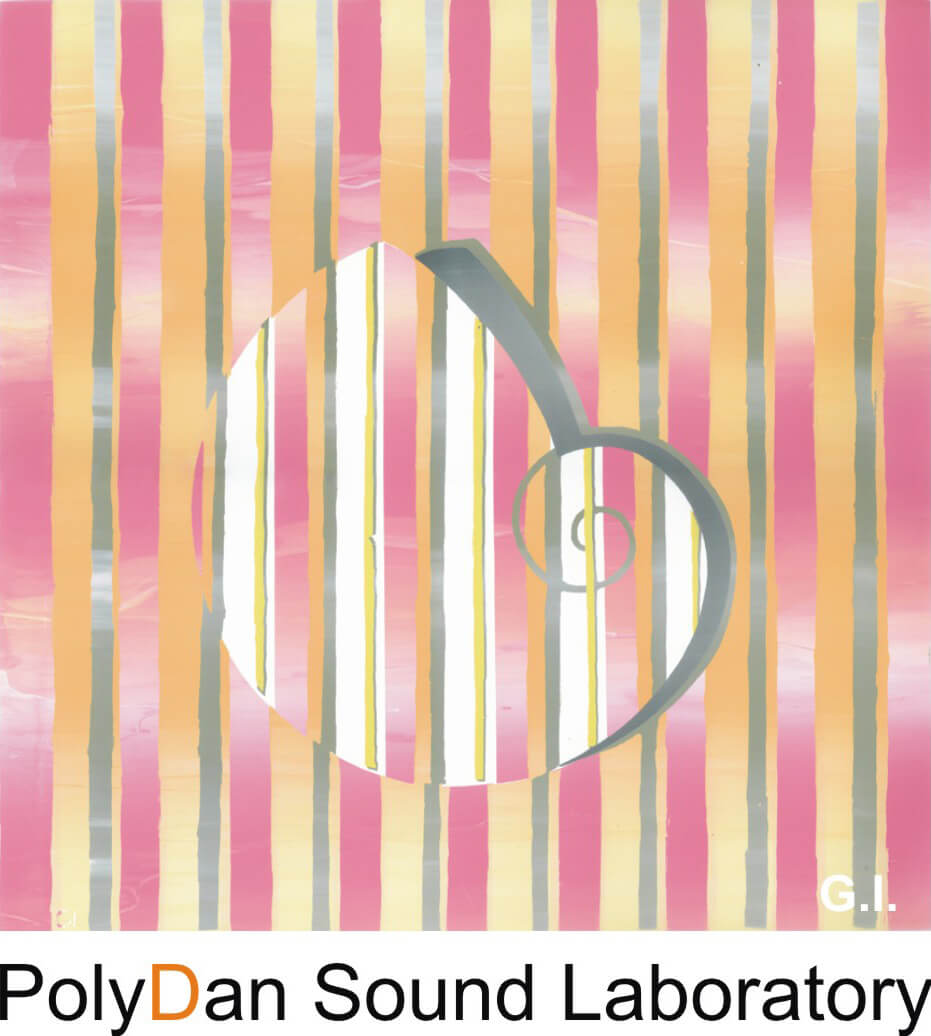
Research in recordings and sound production
History of PolyDan Sound Laboratory begins in October 1985, in the capital of the Ukrainian Soviet Socialist Republic (which was a part of the USSR ), the city of Kiev.
The first three years the work was carried out exclusively on study, testing, gathering and collecting of musical material. Specific nature of records sounding, nuances and subtleties in phonograms sound from various record and retailing companies were studied. Strategic direction and objectives were not changed throughout the years of work. Accumulated experiences and information array allow performing the work more accurately and properly when building and setting up the sound extracting and the sound recording systems.
To perform circuit solutions in building the reading and recording stereo systems, the major leading designers, engineers from different organizations (Central Design Bureau «Mayak», Central Design Bureau «Communist», Research Institute «Saturn», «Tochelektropribor», Science Research Institute n.a. Ac. Korolev) were involved. Technical base of these companies allowed performing tasks when constructing the systems of the highest complexity and accuracy.
PolyDan Sound Laboratory has been involved in collecting, selection and testing of musical tracks produced by world-known recording companies.
Only original recordings have been used for operations. The series have their own identifications, each disc has its own identification number (code). All series are divided according to their sound quality, styles and genres.
Sound Design program was created for musical background in cafeterias, bars, restaurants, casinos, hotels, shops, art shows. The correctly selected program will help to create a positive atmosphere. It also sounds good in a car.
Sound Theatre program shall refer to the mixed topical music programs with a storyline that develops musical events.
Every program consists of the introduction, culmination and conclusion. PolyDan Sampler Budget special effects help to create relevant mood and enrich the musical picture. The listener is involved into the events that take place in the musical program.
PolyDan Sound Laboratory programs were created for testing Car-audio systems. They will help to tune the car-audio system more precisely and its LF segment in particular. Moreover the recordings will demonstrate the potential of the car-audio systems (from SPL till the Hi-Fi).
Vinyl Series programs shall refer to the recording made from the LPs. The vinyl sound is interesting for people who are familiar with it. “The digitalized vinyl” shall refer not only to the high quality sound, but shall provide the opportunity to audition the vinyl playbacks at home, in your car, boat, airplane, etc.
During the works with vinyl discs — PSL — VINYL SERIES, signal is taken with needle, having the profile Shibata. In order to decrease the mechanical noisiness during reading the phonogram, the surface of vinyl disc is moistened with liquid, used for cleaning the grooves of vinyl discs (liquid taking of information).
Expert, Expert+ & Expert-S shall refer to the recording from magnetic tapes. For this purpose we used the professional BASF, AMPEX, SONY, 3M magnetic tapes, tape-recorder corrector with Telefunken EF7, EF11 & AD1 tubes, Ampex, Studer, Revox recording machines.
– Car Audio – Leit-Motiv
– Christmas Series – Let’s Party
– Classic Series – Perfect Reality
– Expert Series – PolyDan’s Club
– Hi-End & Audiophile – Sound Design
– Finding Sound – Sound Theatre
– Last Point – Vinyl Series
PolyDan Sound Laboratory meets 12 key requirements during the sound programs production:
— emotion
— sound image volume (width, depth, rear)
— rounded / spherical sound field
— sound transparency
— harmonics
— resolution
— micro-dynamic
— macro-dynamics
— after-sound effects
— overtones
— AFR – Amplitude frequency response
— PFR – Phase frequency response
